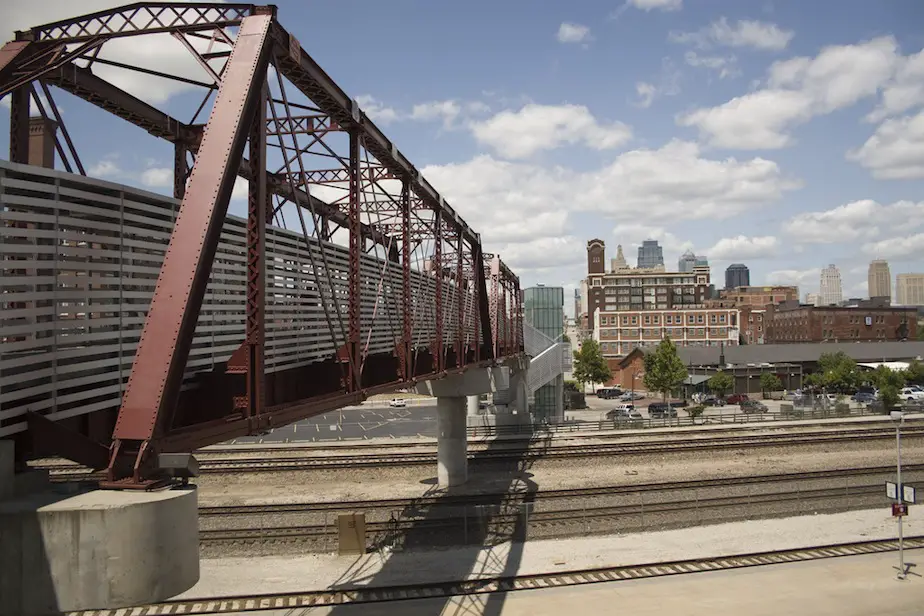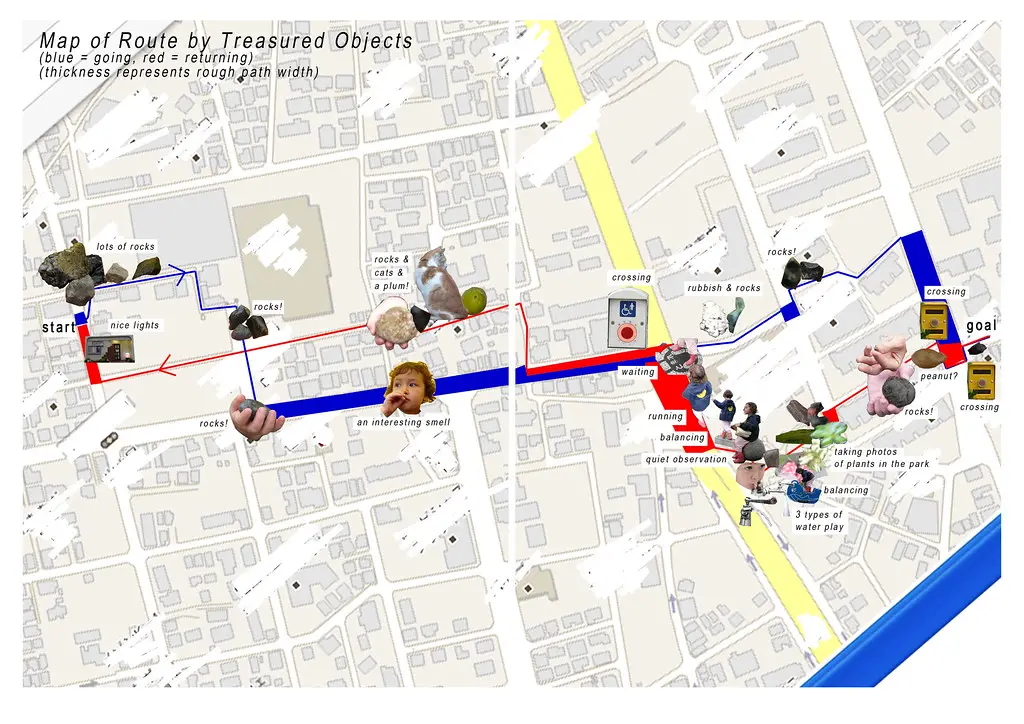Tallinn is an underdog in the global arena, with cities competing for international business and tourism. But Tallin is doing good, in my opinion. I visited the Estonian capital almost five years ago, and the city was already offering free public WiFi to its visitors and inhabitants (actually, they started this back in 2005). In an interview, a city official stated that free WiFi should not be seen as a goal in itself, but a tool that benefits the city.
And the tool has proven its worth to Tallinn. While some people only know Tallinn for its UNESCO World Heritage listed Old Town, the city is not just another one of those predictable tourist destinations. Tallinn has been working on building its technological and innovative advantage over the past decade. It now houses a substantial amount of technology startups as well as more established companies. Ericsson has located its production and innovation on 4G technology here and Skype is a renown and successful startup from Tallinn.
But the city is offering more than just free WiFi. It was recently announced that public transport is going to be free in Tallinn, after three quarters of its population voted in favor in a referendum. This is a huge development for the city, not only because of the environmental advantages and the fact that car use is becoming less attractive, but especially considering the innovative technology companies that Tallinn houses.
Cities that are well-known for their clusters of innovative businesses, such as San Francisco, Portland and Amsterdam, are also known for their easy mobility. Whether it is because they are good cities for bicycling or because of the good and affordable public transport, there seems to be some kind of correlation between non car-oriented cities and innovative clusters.
The link between innovative companies and mobility lies in the fact that businesses are becoming less static and their employees are relatively footloose (because of technological advancements and societal changes). The businesses are small scale (or at least start off like that) and their employees like cozy, creative and diverse cities rather than suburban business locations. Urban locations are usually preferred by these businesses (knowledge exhange, good connections and facilities, and a representative downtown location) and the people working there (lots of local amenities – shops, bars, cafés, etc., possibilities of encounter, and stimulating and diverse built environments).
This is something I encountered in the research for my masters thesis (both in academic theory and in practice), for which I studied the Dutch App industry. Mobility is important for the businesses, because they have to be accessible for their employees (who often do not own a car) and clients. The communities of practice that produce innovations, are highly dependent on (informal) small scale meetings. The members of these communities often do not work for the same companies and frequently meet, mostly in public places such as coffee bars. Urban areas offer everything these innovative communities and businesses need, and some cities do better than others in providing the required conditions for the avant-garde of our contemporary economies.
Tallinn’s technological and mobility infrastructure combined with its attractive, diverse and small-scale urban environment offers high potential for its economy. The city’s local innovation cluster is being catered for exceptionally well, with clear potential for triggering new startups and attracting companies from outside of Tallinn.
I am curious to see where this will take the city in the next few years.
Mark Minkjan is a Researcher at CITIES and blogger at City Breaths
Photo: Ruslan Valeev


